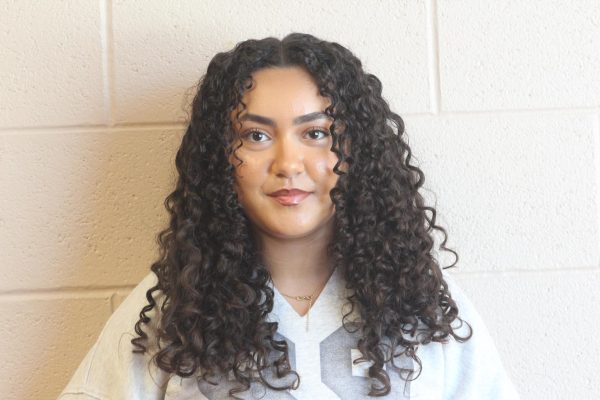Imagine sitting in a classroom learning about innovators, educators, trailblazers, and activists, but only part of the story is being told. A student may flip through a history textbook and only find stories about the same people: Martin Luther King Jr., Rosa Parks, and Harriet Tubman. But what about the other lesser-known heroes? Black History isn’t just a chapter in a textbook about the same three people; it’s ingrained into the foundation of our nation.
Across America, controversies over black history being taught in classrooms are spreading like wildfire. The topic has been under attack by politicians and the U.S. government for years. According to Education Week, 44 states have proposed bills that limit a teacher’s ability to teach and discuss critical race theory, racism, and sexism within the classroom. Out of the 44 states, 18 are actively imposing those bans.
America is built on imperfections, and by not teaching students black history, our country is ultimately setting students up for failure. The last thing American classrooms need is censorship. Black history is American history.
Most students may never even learn about the Harlem Renaissance, Juneteenth, Black Wall Street, and the Ocoee election day Massacre. All of these historical events have changed America.
Although gruesome and graphic, hiding the truth about black history is detrimental to a student’s education. History always repeats itself, even in ways we may not think. During the civil rights movement, marches and strikes were occurring nationwide. Similarly to modern times, marches and strikes occur again for the same issues fought 50 years ago.
Even though there isn’t much that we as a people can do to change the political climate, a good stepping stone would be to start in the classrooms. Black history will teach students about cultures and traditions and include diversity within the education system. It will also encourage students to use their voices in ways they have not done before.
According to the University of Buffalo, LaGarrett King, founder and director of UB’s Center for K-12, said, “We do not live in a monocultural or monolingual world, so these children who will become decision-makers shortly need to understand a society that not only includes persons that look like them. If we can teach about all folks, our country will become a better place”.
Teaching Black history in schools fosters inclusivity, acknowledges contributions, and deepens understanding of systemic racism. It empowers students to challenge injustice and build a more equitable future.
By contacting Pennsylvania’s state Senate education committee members–Lynda Culver and Lindsey Williams—and Hershey High Schools Board of Directors, you can make a difference in the quality of children’s education.







